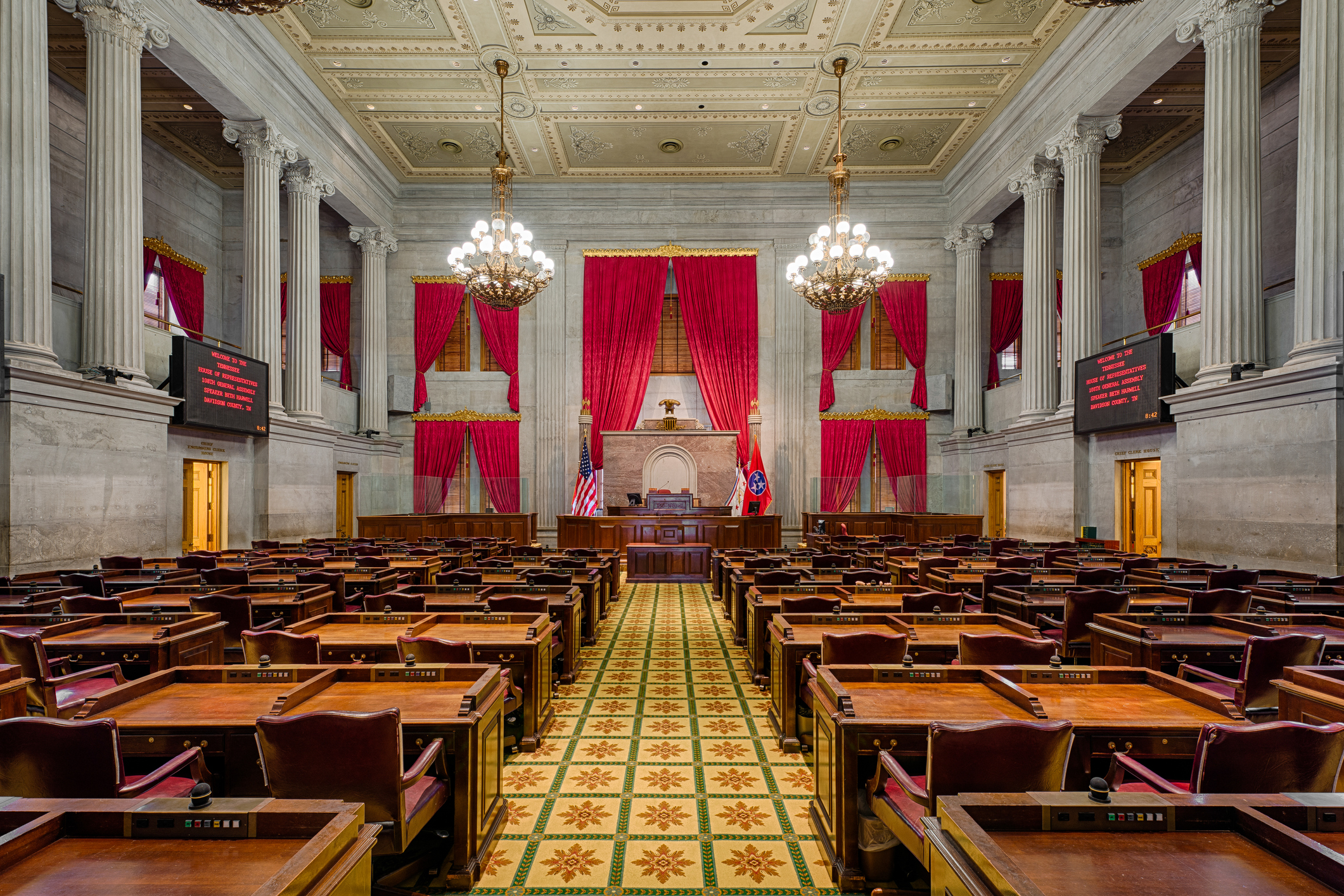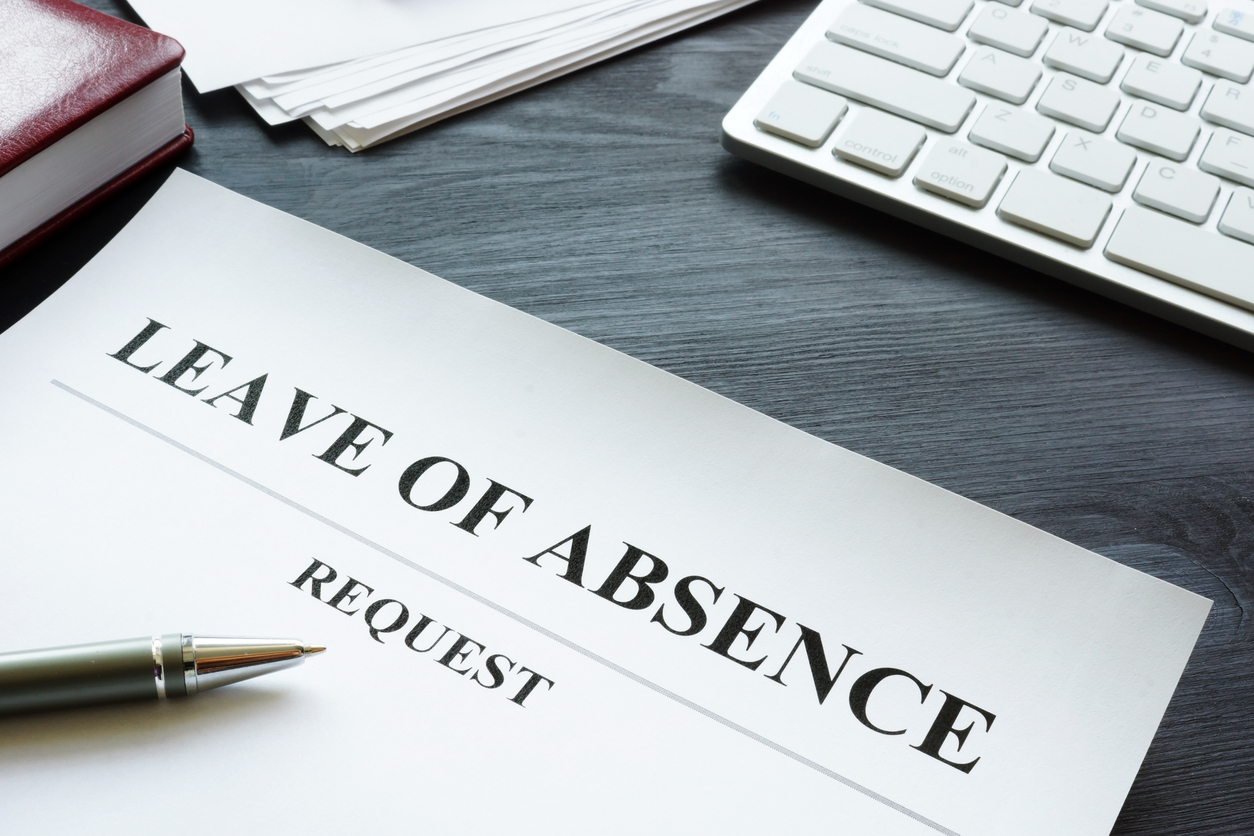What happened during Virginia’s special legislative session?
Virginia lawmakers met from August through October in an unusual special session featuring hand sanitizer stations, Plexiglas separators, masks, and video chats.
On October 21, Virginia Governor Ralph Northam signed a myriad of bills from the special session related to the state’s COVID-19 response and recovery, criminal justice reform, policing, and more. Which bills made it past the finish line to become law?
COVID-19 Response & Recovery Legislation
HB 5041 and SB 5042 require that licensed nursing homes, certified nursing facilities, and hospice facilities must establish visitation policies and protocols during the COVID-19 pandemic. Such policies will allow patients and residents to receive visits either in person or via audio or visual technology at least once every ten days.
HB 5047, known as the “Virginia Post-Disaster Anti-Price Gouging Act,” addresses price gouging by prohibiting any manufacturer or distributor from selling necessary goods or services at unreasonable prices during the time of a declared emergency.
HB 5048 addresses transparency and disclosure by requiring the Department of Health to post information about an outbreak of a communicable disease on a website available to the public. Covered under the bill are any medical care facilities, residential or day programs, services or facilities licensed or operated by any Commonwealth agency, and school or summer camps.
HB 5059 and SB 5082 address liability. A licensed hospice, home care organization, private provider, assisted living facility, or adult daycare center cannot be found liable for any injury or wrongful death of a patient, resident, or person receiving services related to their treatment for COVID-19.
Lawmakers previously enacted legislation during a regular session, establishing a short-time compensation program to provide employers with the option of reducing hours worked by employees while permitting those employees to receive partial compensation for lost wages. HB 5087 repeals two sunset provisions from this legislation.
HB 5093 and SB 5117 provide that any violation of an executive order declared by the Governor, including declared state of emergencies or evacuation directives, are punishable as a class 1 misdemeanor or as a civil penalty of no more than $500.
SB 5039 allows the Governor, during a disaster caused by a communicable disease of public health threat where a state of emergency has been declared, may purchase PPE for private, nongovernmental entities and distribute to them as well.
SB 5083 requires school boards to post a plan outlining its strategies for mitigating the spread and risk of COVID-19 on its publicly accessible website. The bill further requires school boards to submit to the state Department of Education before reopening their schools following Phase II and Phase III guidelines from the State Health Commissioner.
SB 5090 requires the state Commissioner of Health to make available (on a website to the public) certain information during a Governor-declared COVID-19 emergency. Such information includes the total number of confirmed COVID-19 cases, the number of cases by age group, race, ethnicity, and the percentage of cases associated with a nursing home, assisted living facility, or prison.
SB 5017 grants the Commonwealth the ability to establish and enforce health standards at local prisons used by U.S. Immigration and Customs Enforcement or other federal agencies.
Criminal Justice Reform and Policing Legislation
HB 5062 and SB 5033 require a court to grant a motion to dismiss made by the state, whether with or without prejudice, and with the consent of the defendant unless the court finds by clear and convincing evidence that the motion was made as a result of bribery or bias or prejudice towards a victim due to their race, religion, gender or gender identity, disability, sexual orientation, color, or national origin.
HB 5072 and SB 5024 allow the Virginia Attorney General to file a civil suit or inquire into or seek to conciliate any unlawful pattern and practice against the state or locality whenever the Attorney General has cause to believe law enforcement officers are engaging in a pattern or practice that deprives someone of the rights, privileges, or immunities secured or protected by federal or state laws.
HB 5098 provides that a person is guilty of a Class 6 Felony if they give an intentional, untrue report of a crime to any law enforcement official, causes another person to issue such a report, or calls or summons any law enforcement official against someone else due to their race, religious conviction, gender, disability, gender identity, sexual orientation, color, or national origin.
SB 5013 states that unlawful marijuana possession can be a pre-payable offense.
Election Legislation
SB 5120 requires election officials to include with absentee ballots an appropriately addressed envelope and contains prepaid postage. The bill appropriates up to $2 million to reimburse localities for the cost of the prepaid postage.
Other legislation
HB 5052 and SB 5031 establish Juneteenth as a legal holiday in Virginia, to occur on June 19 every year.
HB 5113 requires school boards in districts that contain public elementary or secondary schools that are eligible to participate in the Community Eligibility Provision by the U.S. Department of Agriculture Food and Nutrition Services to apply to FNS to participate in CEP for each school.
Latest News
In this episode of the Back in Session podcast, hosts Ryan Stevens and Ryan DeMara sit down with Terra McClelland, President of the State Government Affairs Council (SGAC) and Vice President of Government and External [...]
Photo credit: iStock.com/gnagel On August 8, Tennessee Governor Bill Lee (R) proclaimed a special session, set to convene on August 21. The announcement came after the shooting at The Covenant School in Nashville in March [...]
Photo credit: iStock.com/designer491 Various kinds of leave exist for workers, such as family leave, sick leave, parental leave, and vacation leave. In addition to these more traditional types of leave, after the Covid-19 pandemic, state [...]
Photo credit: iStock.com/tapui Several state legislatures continue to consider inmate education programs, which offer people experiencing incarceration opportunities to get degrees while serving their prison sentences. Although these education programs are not available in every [...]






Stay In Touch